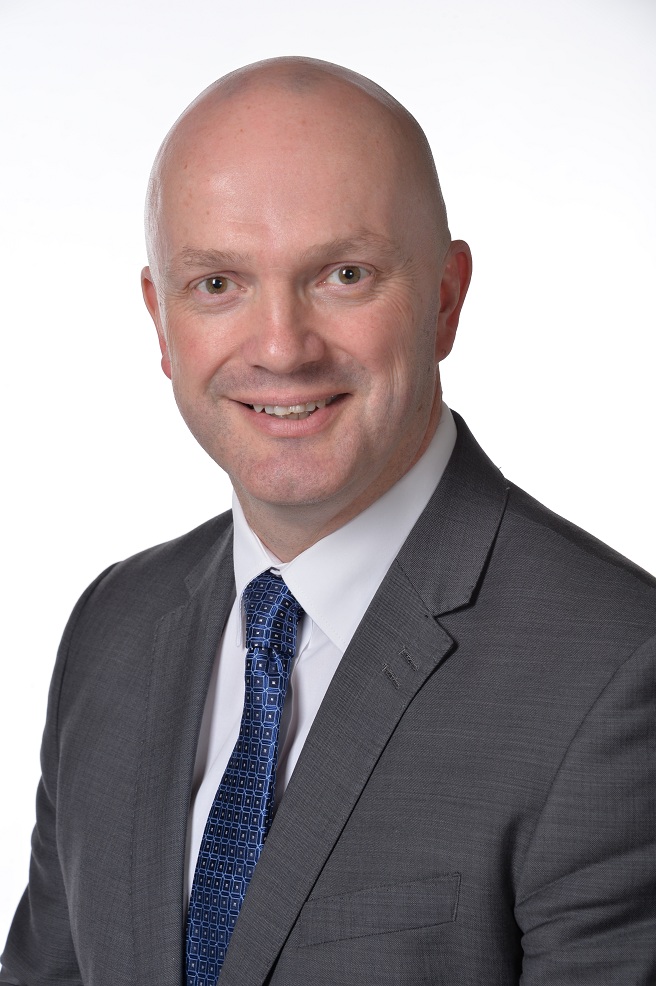For many years, Early Childhood Education was regarded simply as ‘a phase’, a filler when young children get ready for the next-step of elementary schools. However, during recent years, people have started to notice a change–day care and kindergarten fees soaring sky-high; 6 year olds owning mobile devices; and parents trying to enrol their children in ‘good’ kindergartens years early–this ‘just a phase’ perception is gradually self-debunking.
The changes that have occurred within the realm of Early Childhood Education (ECE) in recent decades are hard to ignore, and they have certainly sparked conversation among sociologists, educational experts and last but maybe most importantly, parents. 'How do we raise a well-adjusted and happy child in today’s world from the outset?' 'Why does raising a child costs so much?' 'Are these changes merely new wine in an old bottle?'
 With these questions in mind, we talk to Dr. Neil Hopkin, who is principal of the British International School Shanghai, Puxi.
With these questions in mind, we talk to Dr. Neil Hopkin, who is principal of the British International School Shanghai, Puxi.
Why is ECE gaining more and more attention from both society and parents?
Psychologists say that up to 95 percent of a child’s personality and learning dispositions are fixed by the time they reach 5 years of age. If this is even half true, then clearly Early Years Education is incredibly important to get children on the ‘right track’ in terms of creating lifelong learners: the agile thinkers that the rapidly changing and ever challenging 21st century world requires.
If ECE has become such an important program, why isn’t there a comprehensive public funded system in place yet?
Different governments have very different approaches to Early Childhood Education and just as many different motivations for following a specific approach. Some governments are keen to get parents back to work, paying tax and supporting the economy, so in this case it is important to provide ways for children to start school early. In other countries, the governments may pursue the opposite agenda: keeping children out of school for as long as possible so that the social bonds are strengthened between family and community members. There are many political reasons why particular approaches are taken, which do not always reflect a pedagogical rationale.
Can ECE be regarded as an extension of the Elementary/Primary School program, with the purpose of preparing children for mandatory education, or is it a stand-alone system?
Some people (and I would be one of them) regard Early Years Education as such an important bedrock of lifelong learning that they do not regard it as an extension of Primary Schooling, but rather the other way around: Primary education as an extension of Early Years! It does not have to be a preparation for later schooling or as a stand-alone. It is simply great, curiosity-driven learning, suitable for all ages.
Given the thought that homeschooling can be a valid option for some families, are there any skills and knowledge that children cannot gain without going to preschools or kindergartens?
Some parents make great homeschoolers. However, being in a school allows children to enjoy a different social dynamic and accordingly to gain different skills. I think this diversity of interactions with a wide range of other children is very important.
Nowadays the stress and burden on parents to get their children enrolled in a quality preschool or kindergarten is immense. How do you see this trend?
Different global educators would answer this question very differently. Some, such as many Scandinavians, would resist the drive to go to school early. While others, such as the British, Australians or Canadians would advocate an early start to school. The key is to ensure that your child attends a highly effective school which can continually invest in and value its kindergarten provision, with a well-rounded and stimulating curriculum and environment.
Is it possible that all this attention on ECE can cause pressure on children at a young age such as peer competition and premature expectation?
Attention on Early Years Education is always a good thing: we cannot invest too highly in our young children’s learning. ‘Competition’ and ‘expectation’ does not derive from children, but from parents. If we want to avoid passing that kind of pressure on to our children, we have to work hard as parents to remember what we want to achieve for our young children, that is to ensure their early years are full of positive, rewarding and fun learning opportunities.
With over 20 years’ experience in education, amongst other high visibility roles in the UK such as ‘National Leader of Education’, Neil has advised the British Government on Early Years Education and worked with the Deputy Prime Minister in developing the British approach to education for children aged 0 to 5.


















